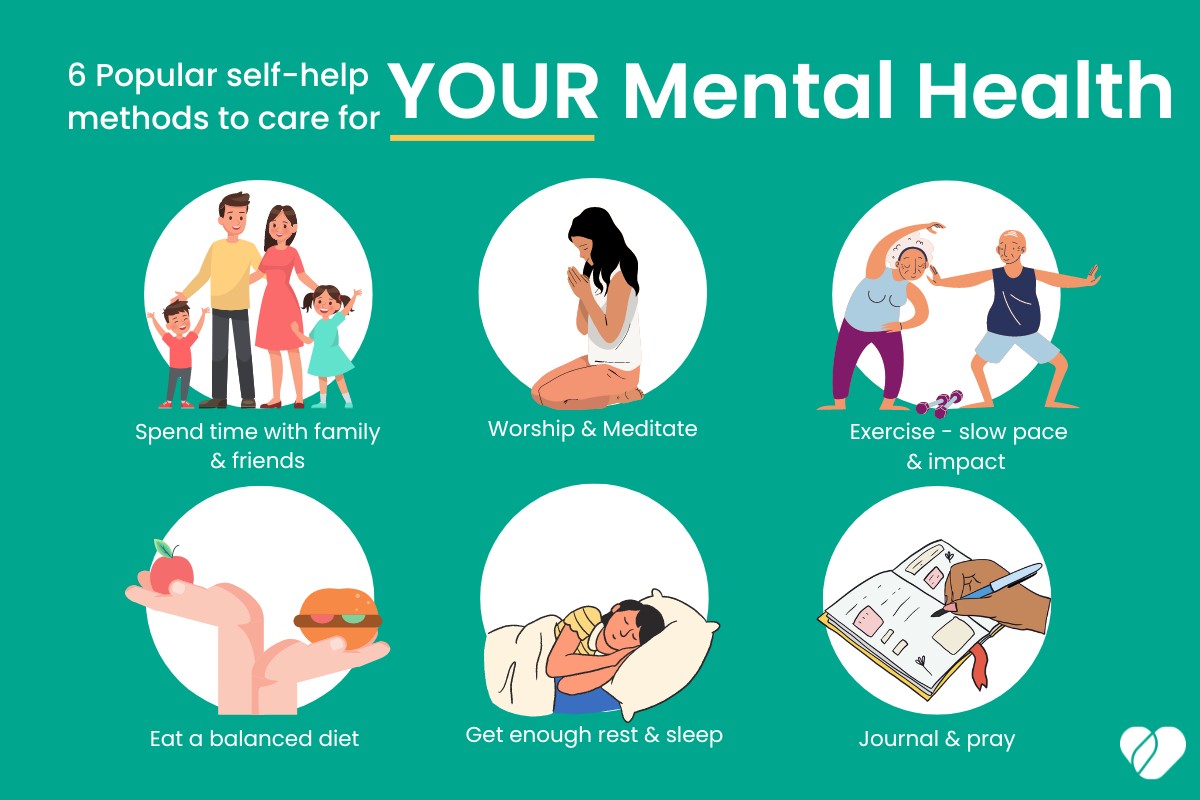In the bustling cadence of modern life, particularly in demanding professional landscapes, there’s a prevailing tendency to prioritize physical well-being, career advancement, and financial stability above all else. We meticulously schedule gym sessions, monitor our diets, and diligently work towards career milestones. Yet, often overlooked or relegated to the periphery of our concerns is a foundation upon which all these aspirations rest: our mental health. This often-invisible aspect of our overall well-being is not merely the absence of mental illness; it is a state of psychological flourishing that profoundly influences our thoughts, emotions, behaviors, and ultimately, our capacity to live a fulfilling and productive life. Understanding why we should genuinely care about our mental health is not just about avoiding crisis; it’s about unlocking our full potential and enhancing every dimension of our existence.
At its core, robust mental health is inextricably linked to our **cognitive function and professional performance**. A mind burdened by stress, anxiety, or depression struggles to operate at its optimal capacity. Focus wanes, decision-making becomes clouded, creativity diminishes, and problem-solving abilities are compromised. Imagine a high-stakes business negotiation or a complex analytical task; clear thinking, emotional regulation, and sustained concentration are paramount. When mental well-being is neglected, these critical cognitive resources are depleted, directly impacting productivity, innovation, and the ability to navigate challenges effectively. Conversely, individuals with strong mental health exhibit greater resilience under pressure, sharper analytical skills, and enhanced capacity for innovative thought, making them more effective contributors in any professional setting. Investing in mental well-being is, therefore, a direct investment in one’s intellectual capital and career trajectory.
Beyond the immediate realm of work, mental health profoundly influences our **physical well-being**. The mind and body are not separate entities; they are intricately connected. Chronic stress, a common symptom of neglected mental health, can manifest physically through increased blood pressure, weakened immune function, digestive issues, and sleep disturbances. These physical ailments, in turn, can exacerbate mental health challenges, creating a vicious cycle that erodes overall health. For instance, prolonged periods of unmanaged anxiety can lead to chronic fatigue, making it harder to engage in physical activity or maintain a healthy diet. Prioritizing mental health, through practices like mindfulness, stress reduction techniques, and seeking support when needed, can therefore have a profound and positive ripple effect on physical vitality, contributing to a healthier and more energetic life.
Furthermore, our mental well-being dictates the quality of our **relationships and social connections**. Humans are inherently social beings, and our ability to form and maintain meaningful relationships is fundamental to our happiness and sense of belonging. Mental health challenges can often lead to social withdrawal, irritability, communication difficulties, and a diminished capacity for empathy, straining personal bonds with family, friends, and colleagues. Conversely, strong mental health enables us to be more present, compassionate, and effective communicators, fostering deeper connections and more supportive social networks. In a professional context, this translates to improved teamwork, more constructive collaboration, and a more positive and inclusive workplace environment. Neglecting mental health can isolate individuals, whereas nurturing it strengthens the very social fabric that enriches our lives.
The capacity for **emotional regulation and resilience** is another critical aspect nurtured by a focus on mental health. Life inevitably presents setbacks, failures, and disappointments. How we process and recover from these adversities is largely determined by our emotional fortitude. Good mental health equips us with the tools to navigate these challenges with greater equanimity, to learn from mistakes without succumbing to despair, and to bounce back stronger. It cultivates a sense of self-awareness that allows us to identify triggers for stress or negative emotions and develop healthy coping mechanisms. Without this inner strength, even minor setbacks can feel overwhelming, leading to prolonged periods of distress and a diminished capacity to adapt to life’s inevitable changes.
Finally, caring for our mental health is an act of **self-compassion and a pursuit of a truly fulfilling life**. It moves beyond merely existing to actively thriving. It involves recognizing our inherent worth, setting healthy boundaries, engaging in self-care practices, and seeking professional help when the burdens become too heavy. Just as we wouldn’t hesitate to see a doctor for a persistent cough, we should not shy away from seeking support for persistent sadness, overwhelming anxiety, or debilitating stress. Embracing mental health care dismantles the stigma often associated with psychological struggles, acknowledging that these are valid human experiences that deserve attention and support. It allows us to live authentically, pursue our passions with energy, and experience the full spectrum of human joy and connection.
In conclusion, the decision to care about our mental health is not a passive suggestion but an active imperative. It is the invisible scaffolding that supports our cognitive abilities, underpins our physical health, enriches our relationships, and cultivates our resilience. By consciously prioritizing mental well-being, through self-awareness, proactive practices, and a willingness to seek support, we are not just mitigating potential crises; we are actively investing in our capacity for sustained productivity, genuine connection, and a life lived with purpose and profound well-being.




